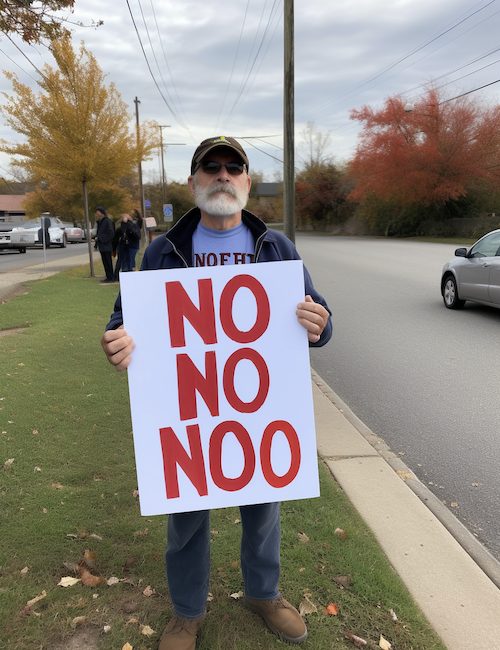The Australian Voice Referendum – to vote YES or NO in the Australian Voice Referendum
The Australian Voice Referendum is a significant step in the nation’s journey towards recognizing and reconciling with its Indigenous population. This referendum aims to amend the Australian Constitution to formally acknowledge the Aboriginal and Torres Strait Islander peoples and provide them with a ‘voice’ in governmental decisions that directly affect them. This blog provides 10 reasons to vote NO in the Australian Voice Referendum.
Having a well-rounded perspective before casting a vote is pivotal for the health and progress of a democracy. Voting is not merely a right; it’s a responsibility. When individuals approach the voting booth with a holistic understanding of the issues at hand, they ensure that their decisions are thoughtful and contribute to the greater good of society.
Vote NO in the Australian Voice Referendum – 10 reasons
 Constitutional Purity:
Constitutional Purity:
The Australian Constitution is a foundational document outlining the nation’s governing principles. Some argue it should remain neutral, serving strictly as a set of guiding rules without emphasizing or recognizing any particular group, even if that group represents the country’s indigenous heritage.
Ambiguity Issues:
Specifics matter. Concerns might arise if the proposed changes lack clarity. Ambiguous wording or unclear intentions could lead to future legal complications or misinterpretations, impacting governance.
Fear of Division:
Introducing group-specific rights or acknowledgments might inadvertently deepen societal rifts. While the intention is to unify, there’s a concern that it could emphasize differences more than commonalities, potentially leading to more division than unity.
Economic Worries:
Establishing new structures, bodies, or institutions often has a price tag. Critics might argue that the financial implications could strain the national budget or divert funds from other critical areas.
Alternative Pathways:
Some believe indigenous recognition and empowerment can be achieved without altering the constitution. They might favour initiatives or programs that address disparities without changing foundational documents.
Implementation Doubts:
It’s one thing to recognize and another to implement. Concerns might arise about how the voice will be actualized, its efficiency, and whether it can truly meet the diverse needs of the indigenous communities.
Representation Issues:
If the ‘voice’ results in establishing representative bodies, who gets to choose these representatives? And will they truly reflect the vast diversity of indigenous views and aspirations?
Potential for Tokenism:
Sceptics might argue that constitutional changes might be symbolic without leading to tangible changes on the ground. The fear is that it might become a token gesture rather than a catalyst for real change.
Legal Complications:
Introducing new clauses or rights might conflict with existing provisions. These contradictions could lead to legal ambiguities, potentially complicating governance and judicial decisions.
Concerns about Autonomy:
Some indigenous communities might fear a centralized ‘voice’ could dilute their autonomy or ability to make decisions specific to their region or culture. They might prefer localized governance structures over national ones.
Vote NO in the Australian Voice Referendum – final thoughts
While a ‘No’ vote might be perceived as opposition to recognizing indigenous rights or heritage, for many, it might stem from concerns about the method, implications, and practical outcomes of such a constitutional change.
Click here for 10 reasons to vote YES in the Australian Voice Referendum.
Not enrolled to vote? Click here.
Click here for additional information about this site.

 Constitutional Purity:
Constitutional Purity: